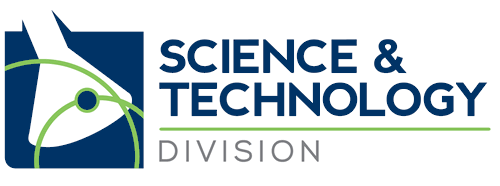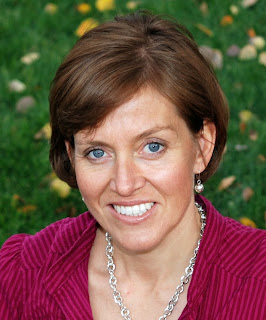1.1K
It seems that many scientific and technical translators take a roundabout path in their careers. Is that true for you? Tell us about how you became a translator with your specialization.
Being a translator is my second career so taking a roundabout way is very true for me. During my studies I was very interested in languages and cultures, but becoming a translator was not on my radar then. I graduated with an M.Sc. in Economics and went on to study for an M.A. in Business Communications in France and Belgium. After this I got a job as a marketing assistant in Stockholm, Sweden and worked myself up the career ladder to become a product marketing manager in IT-services for an international telecommunications company. It wasn’t until I lived in the US with my American husband and two small children that I started looking into an alternative career where I could make use of my linguistic skills. I started researching and learning about being a freelance translator and after my first translation project I was hooked. My specialization in IT and marketing came naturally from having worked with IT at a telecommunication company and from my educational background in marketing. I had lived and breathed IT and marketing for nearly ten years already.
Was it challenging for you to combine your technical and linguistic interests? What advice would you give to translators or interpreters just starting their careers?
I think it would be hard to start out as a technical translator if you only have linguistic experience, but not impossible. In order to become a good specialized translator you need to have a thorough knowledge of what you translate and a keen interest in it too. Since my previous career had focused on internet services and the technology behind them, it was not hard to transfer this to translating computer software and hardware. Both my husband and I are very interested in IT and were early adopters of Internet, email and computers.
What is unique about your skill set? What sets you apart?
I specialize in only one language combination and focus all my training and research on this language pair, which can give me an advantage in the amount of knowledge and expertise I can obtain in these languages. After having lived more than 20 years in a Swedish speaking country and more than 10 years in the US, I am well versed in both cultures and languages and have extensive knowledge and insight in both markets. I have worked with translation for over 10 years and during this time I have also studied both translation practice and theory, though not formally, plus taken every opportunity to improve my Swedish writing skills.
My thorough experience in IT, software and hardware is also one of my strengths. I have worked and translated IT for almost 20 years and feel comfortable discussing software strings, help files, and router and computer hardware with technicians, marketers and linguists.
What is your favorite type of text to translate or interpreting assignment? What makes it fun for you?
Translating user manuals of new software and hardware is fun, since I learn all about the new technology. Translators are probably the ones who have read the user manual the most thoroughly. I also enjoy creating appealing marketing texts for the Swedish market, especially when I can work closely with the client and the editor in order to create the best copy for the purpose.
Are there any resources you use when translating that you’d like to share with readers?
Technicians love using acronyms and Acronym Finder has been a great help for me, plus of course the Microsoft glossary database. More specifically for Swedish, there is the Swedish National Term Bank and of course Svenska Datatermgruppen’s database.
How can readers learn more about you and connect with you?
My website contains more in depth information about me and my translation services both in English and Swedish: www.swedishtranslationservices.com
To connect with me you can go to:
Twitter: @Tesstranslates
Email: tess@swedishtranslationservices.com


